Heart Transplant
A heart transplant is a medical procedure that involves replacing a diseased or damaged heart with a healthy heart from a donor. This procedure is usually considered for patients who have advanced heart disease and have not responded well to other treatments.
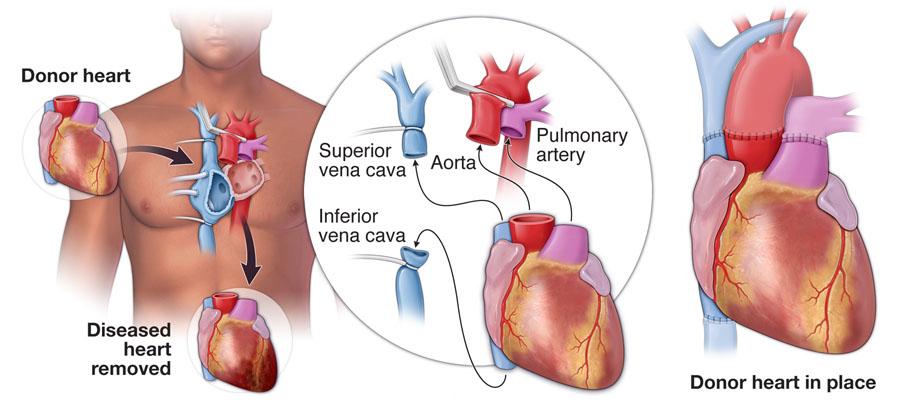
Who Needs a Heart Transplant
A heart transplant is typically recommended for patients who have end-stage heart disease, which means their heart is no longer able to function properly. This condition can be caused by a variety of factors, including coronary artery disease, cardiomyopathy, or congenital heart defects.
When To See A Specialist
If you have symptoms of heart disease such as shortness of breath, chest pain, fatigue, or swelling in the legs, it is important to see a specialist as soon as possible. A cardiologist can evaluate your condition and determine if a heart transplant is an appropriate treatment option
Procedure of Heart Transplant
The procedure for a heart transplant typically involves the following steps:
Evaluation and Pre-Transplant Preparation: Before the transplant, the patient undergoes a thorough evaluation to determine if they are a good candidate for the procedure. This includes medical tests, psychological evaluations, and consultations with various specialists. If the patient is deemed suitable for a transplant, they are placed on a waiting list for a donor’s heart.
Donor Heart Identification: Once a donor’s heart becomes available, it is matched with a suitable recipient based on factors such as blood type, size of the heart, and medical urgency.
Surgery Preparation: The recipient is then prepared for surgery. This involves being admitted to the hospital, undergoing blood tests and imaging scans, and receiving medications to prepare the body for surgery.
Anesthesia: The recipient is then given general anesthesia to put them to sleep and ensure they don’t feel any pain during the surgery.
Incision: The surgeon makes an incision in the chest to access the heart.
Removal of Diseased Heart: The surgeon removes the recipient’s diseased heart and preserves the surrounding tissue for the new heart.
Implantation of Donor Heart: The donor’s heart is then implanted into the recipient’s chest and connected to the major blood vessels.
Connection of Blood Vessels: The surgeon then connects the major blood vessels in the recipient’s chest to the new heart, and the heart begins to beat on its own.
Close the Incision: The incision is then closed using sutures or staples, and the patient is transferred to the intensive care unit (ICU).
Post-Transplant Care: After the surgery, the patient is closely monitored in the ICU for several days. They will receive medications to prevent rejection of the new heart and may require additional treatments or procedures as needed.
Road To Recovery
After the heart transplant procedure, patients will typically stay in the hospital for several weeks to monitor their recovery and ensure that the new heart is functioning properly. Once they are discharged, they will need to take immunosuppressant medication for the rest of their life to prevent their body from rejecting the new heart. Rehabilitation and lifestyle changes are also important parts of the recovery process.
Risk Management
Heart transplant surgery carries risks such as bleeding, infection, and rejection of the new heart. It is important to follow the recommended medication regimen and attend all follow-up appointments to manage these risks.
Benefits of Heart Transplant
Heart transplants can significantly improve the quality of life for patients with end-stage heart disease. It can relieve symptoms such as shortness of breath and fatigue and improve the patient’s ability to perform daily activities. With proper management and care, heart transplant recipients can live long and fulfilling lives.
Frequently Asked Questions
What is a heart transplant?
A heart transplant is a surgical procedure in which a diseased or damaged heart is replaced with a healthy donor heart.
Who is eligible for a heart transplant?
Individuals with end-stage heart disease who have exhausted all other treatment options may be considered for a heart transplant.
How long is the waiting period for a heart transplant?
The waiting period for a heart transplant varies and can range from a few days to several months, depending on factors such as blood type, urgency of the transplant, and availability of donor organs.
What is a heart transplant?
A heart transplant is a surgical procedure in which a diseased or damaged heart is replaced with a healthy donor heart.
Who is eligible for a heart transplant?
Individuals with end-stage heart disease who have exhausted all other treatment options may be considered for a heart transplant.
How long is the waiting period for a heart transplant?
The waiting period for a heart transplant varies and can range from a few days to several months, depending on factors such as blood type, urgency of the transplant, and availability of donor organs.
What are the risks of a heart transplant?
The risks of a heart transplant include rejection of the donor heart, infection, bleeding, and complications from immunosuppressive medications used to prevent rejection.
What is the recovery process after a heart transplant?
The recovery process after a heart transplant typically involves a hospital stay of several weeks, followed by a period of outpatient monitoring and rehabilitation.
How long does a transplanted heart last?
The lifespan of a transplanted heart varies, but on average, a transplanted heart can last for 10-15 years or longer with proper care and management.
Treatment Plans
- Trauma & intensive care $59
- Aged Care $29
- Community Services $25
- Diagnosis & Investigation $48
- Medical & Surgical $82
- Mental Health $74
- Rehabitation $24
- Specialised Support Service $19
- Trauma & intensive care $59
- Aged Care $29
- Community Services $25
- Diagnosis & Investigation $48
- Medical & Surgical $82
- Mental Health $74
- Rehabitation $24
- Specialised Support Service $19
Treatians As the Best Choice
Treatians understand that seeking medical treatment abroad can be a daunting experience for patients and their families. That’s why the company offers end-to-end support to its clients, from the initial consultation to post-treatment care. The company provides personalized treatment plans that are tailored to meet the individual needs of each patient, and its team of dedicated professionals is always on hand to provide guidance and support throughout the entire process. Contact us at +91-7982312582, drop your email [email protected]
- Trauma & intensive care
- Aged Care
- Community Services
- Diagnosis & Investigation
- Medical & Surgical
- Mental Health
- Rehabitation
- Specialised Support Service
Service Recipient Says

Oxmox advised her not to do so, because there were thousands of bad Commas, wild Question Marks and devious.
Kolis Muller NY Citizen
Oxmox advised her not to do so, because there were thousands of bad Commas, wild Question Marks and devious.
Kolis Muller NY Citizen







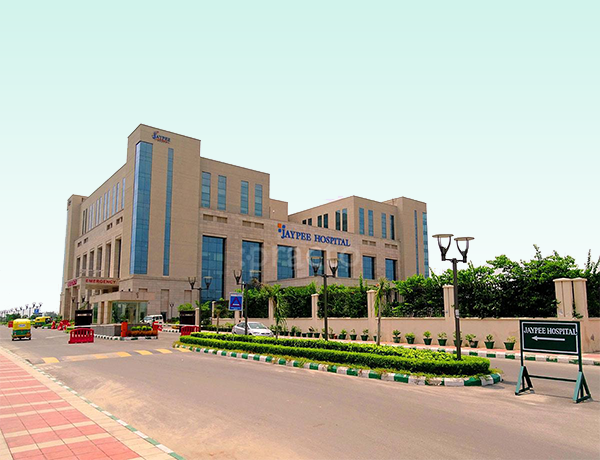

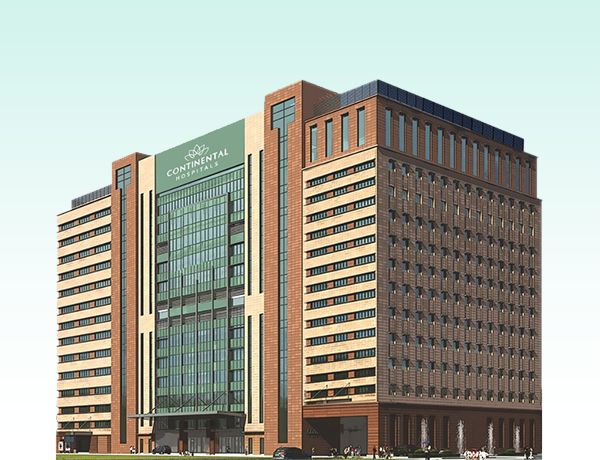
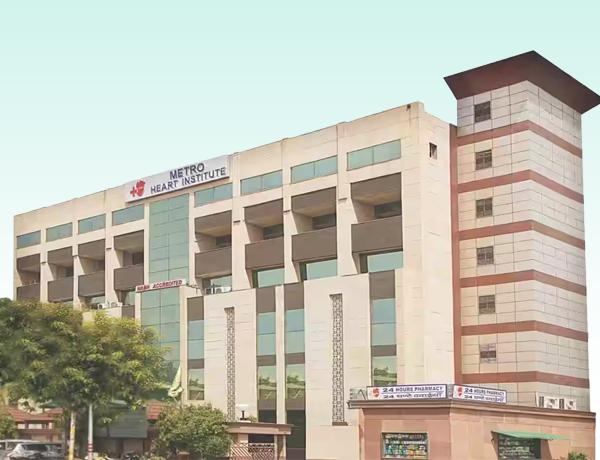

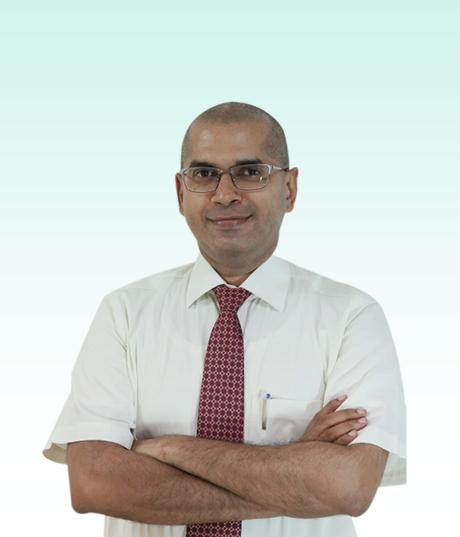

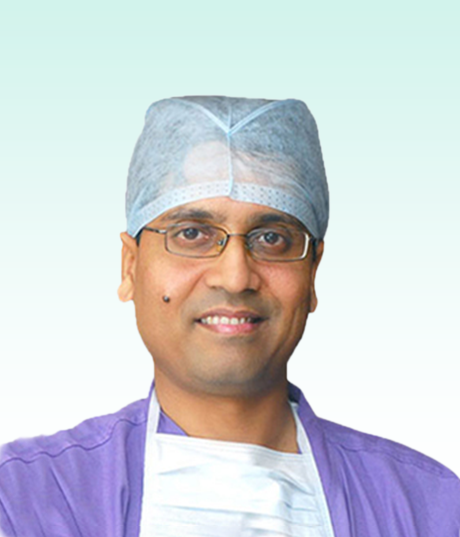
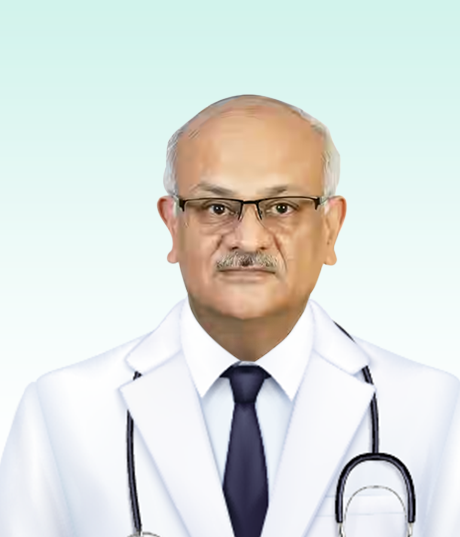






Oxmox advised her not to do so, because there were thousands of bad Commas, wild Question Marks and devious.
Kolis Muller NY Citizen